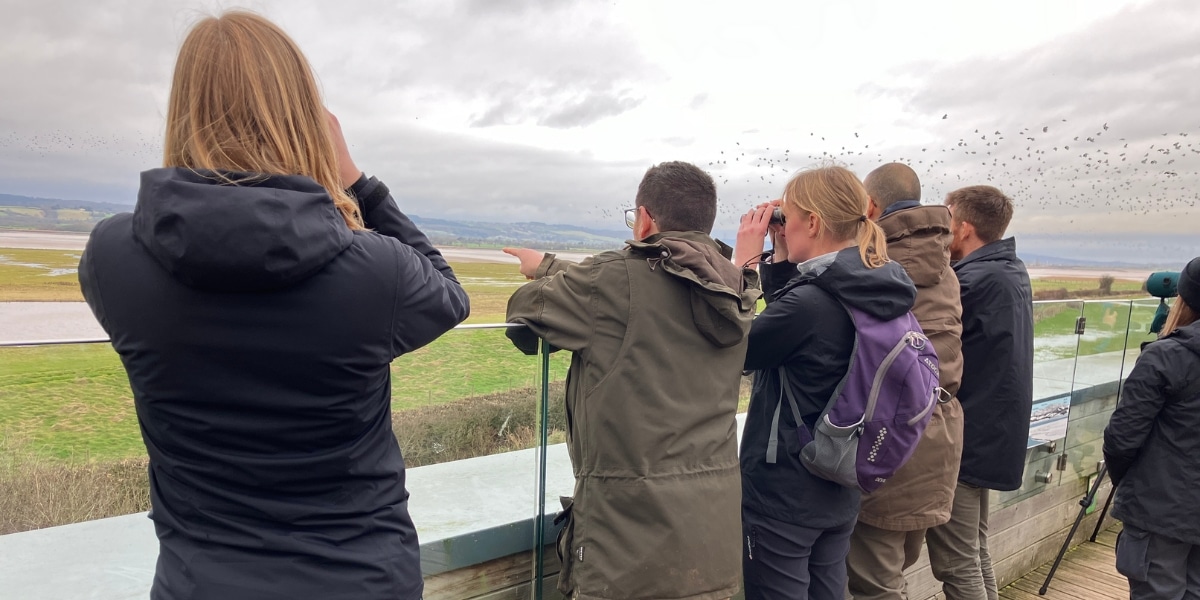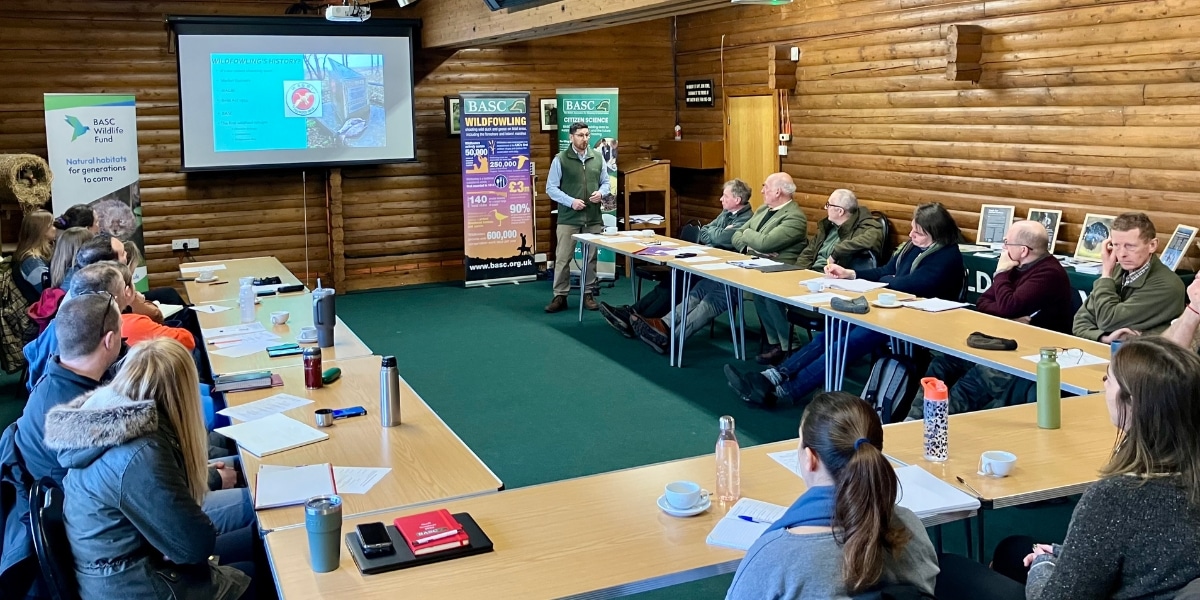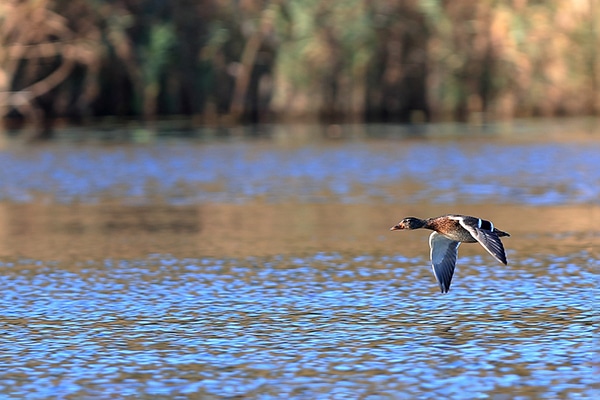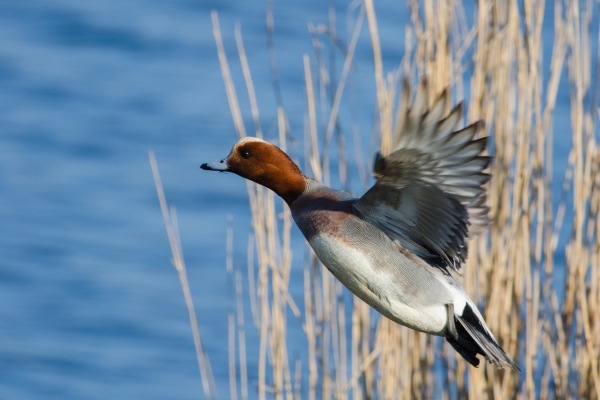
BASC Wildlife Fund pintail stamp on sale now
This year’s BASC Wildlife Fund stamp, titled Pintail over Wentloog, celebrates an important coastal habitat restoration project in South Wales.
Get information on the legal shooting season for mammals and birds in the UK.
Apply for funding for your project or make a donation today
Comprehensive information and advice from our specialist firearms team.
Everything you need to know about shotgun, rifle and airgun ammunition.
Find our up-to-date information, advice and links to government resources.
Everything you need to know on firearms law and licensing.
All the latest news and advice on general licences and how they affect you.

Since the start of 2024, BASC has organised three Introduction to Wildfowling workshops for Natural England staff.
The events aim to equip Natural England (NE) staff with the knowledge and understanding of wildfowling to make informed, pragmatic decisions when consenting the activity on the European protected sites network.
More than 40 NE staff, as well as members of local wildfowling clubs, BASC staff and a Crown Estate representative, attended the events held at three Wildfowl and Wetlands Trust (WWT) reserves. The first of these took place in Lancashire, the next at WWT’s head office in Gloucestershire, and the last in Norfolk.
A Natural England spokesperson said: “The workshops provided by BASC gave a useful opportunity for Natural England advisers to learn about the habitat maintenance and restoration work that clubs undertake on the marshes they own and manage.”
Chris Barker, who is a member of BASC Council, chairman of the association’s Wildfowling Liaison Committee (WLC) and secretary of the Fenland Wildfowlers Association, said: “I have no doubt that the work undertaken on these days will be of significant benefit to the long-term future of wildfowling.
“The work has opened doors, fostered relationships, will influence future decisions regarding consenting, and it’s highlighted the role that wildfowling clubs play in the enhancement and continued management of our protected site network.”

During the sessions, BASC’s head of land management and consenting, Sarah Pinnell, explained the consenting process and how BASC works with wildfowling clubs. BASC’s head of wildfowl and wetlands, James Green, gave an introductory talk on wildfowling which included law, best practice, equipment, and quarry identification.
Moreover, the respective wildfowling clubs involved – which included Preston & District Wildfowlers Association, Lytham & District Wildfowlers Association, Gloucestershire Wildfowlers & Conservation Association, Fenland Wildfowlers Association, and Ely & District Wildfowlers Association – also had the opportunity to showcase their own history and conservation efforts through short presentations.
James Green said: “The success of these three workshops exceeded expectations, each of the events clearly underscored the shared interests among us with conservation and preservation of our wetlands at the forefront of everyone’s mind.”
For advice and information on wildfowling, visit our dedicated pages here.

This year’s BASC Wildlife Fund stamp, titled Pintail over Wentloog, celebrates an important coastal habitat restoration project in South Wales.

Project Penelope is here again, giving us the opportunity to get cracking with this exciting international conservation scheme.

Data is vitally important in many aspects of our daily lives, including shooting and country pursuits, says Sophie Stafford.
Sign up to our weekly newsletter and get all the latest updates straight to your inbox.
© 2025 British Association for Shooting and Conservation. Registered Office: Marford Mill, Rossett, Wrexham, LL12 0HL – Registered Society No: 28488R. BASC is a trading name of the British Association for Shooting and Conservation Limited which is authorised and regulated by the Financial Conduct Authority (FCA) under firm reference number 311937.
BASC Direct Ltd is an Introducer Appointed Representative of Agria Pet Insurance Ltd who administer the insurance and is authorised and regulated by the Financial Conduct Authority, Financial Services Register Number 496160. Agria Pet Insurance is registered and incorporated in England and Wales with registered number 04258783. Registered office: First Floor, Blue Leanie, Walton Street, Aylesbury, Buckinghamshire, HP21 7QW. Agria insurance policies are underwritten by Agria Försäkring.
If you have any questions or complaints about your BASC membership insurance cover, please email us. More information about resolving complaints can be found on the FCA website or on the EU ODR platform.